A SKIN-DEEP ISSUE
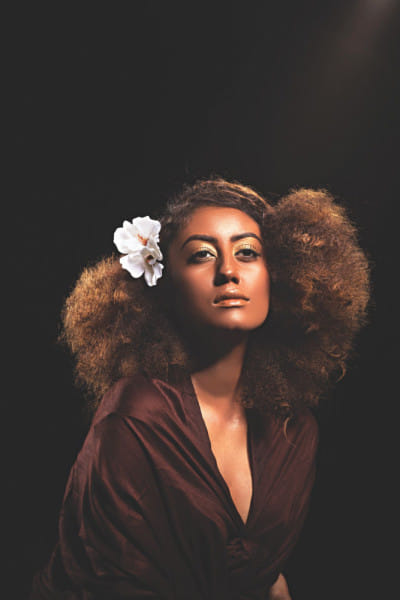
Tall, dark and handsome…the quintessential image of the charming stranger that sweeps the proverbial romance heroine off her feet; yet the heroine is always fair, lithe and dainty.
---
It goes without saying that our country is diversified when it comes to physical features such as skin complexion. Although our skin tone can be broadly termed as "brown" by the rest of the world, one cannot be oblivious to the countless shades of brown that exists. So, why is that despite being so diversified, we still tend to constrain the word "beautiful" to only specific features? why is it the case that even now, being "fair" only is considered perfection instead of what we are born with?
If we look back at why we are so different, we would have to open the chapter to history again. With various races choosing this fertile land as their homes, Bengalis are a mixture of Mongoloids, Dravidians, Caucasoids and Australoids. This means that while some of us might have ancestral roots tracing back to the Arab world, others might be descendants of those originating from the Far East. Alternatively, some of us might have ancestral origins in South India. Thus, with the passing of more and more generations, all of us now have mixed traces of various races. So, if one had to put a tag on the Bangladeshi race, it would have been called the 'Indo-Aryan-Dravido-Mongoloid."
But exactly where does this white obsession come from? Looking back to the era of kings and queens, fairer skin has always been associated with power, wealth and nobility while darker skin tones were associated with the poor since their skin would be tanned due to overworking in the fields. Then came the British colonisation and while the region was ruled by Caucasians for about two hundred years, it became a habit of the natives to compare themselves to the "rich madams" from England. When the Englishmen finally left, what did not leave was the distaste towards dark complexion which has become deeply ingrained in the minds of the Bengalis.
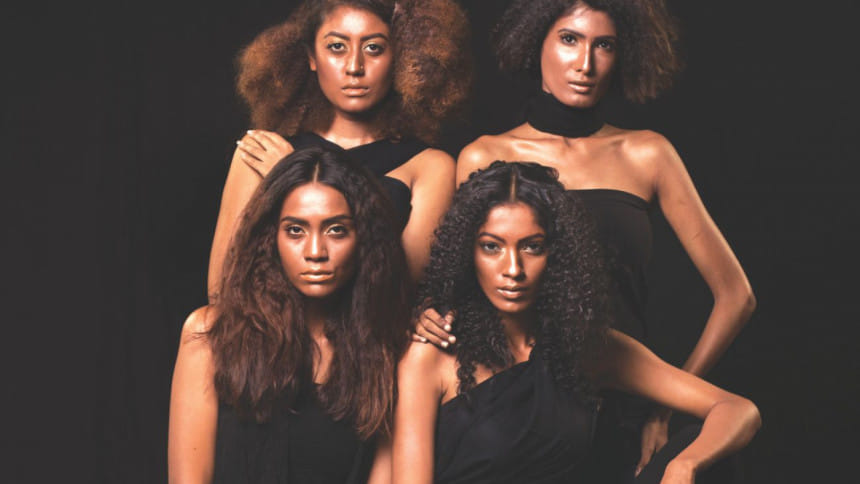
Thus, to this day, the prejudice continues. The moment a newborn comes into the world, the relatives are more concerned about whether the baby is "forsha" or "kalo" than whether the baby is healthy. Those with a fairer skin tone would have their concerned mothers using all possible means to preserve this "beauty," whether it is by using umbrellas or restricting their children from playing outside in the sun or even swimming. Meanwhile, those with a darker complexion have to face an even uglier side of this irrational social stigma. Preventing tanning is not the only concern of parents, but they also obsessively start trying to find ways to whiten their children's skin tone. From using home remedies to harmful cosmetics, the parents leave no stones unturned in this quest for social validation from shallow neighbours and relatives.
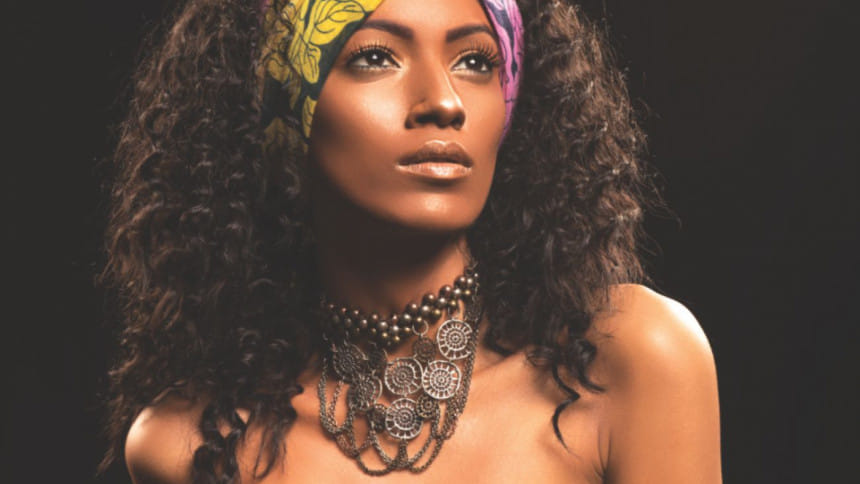
"Being a dark-skinned girl, I had to listen to a lot of taunts from relatives while I was growing up, mostly regarding how I was not beautiful enough and how no boy would like me. As a child, it did not make sense to me. As a teenager, it broke my self-esteem. I was so obsessed with my looks that I stopped focusing on the more important aspects of my life. I'm glad that I finally got over it and realised that dark skin is just as beautiful!" said Akila, an entrepreneur.
Just like Akila, most of the region's dark-skinned beauties continuously have to fight a primitive battle as society rips them off their confidence for being "too dark." Taking advantage of this stigma, there are the huge billboards and massive advertising schemes, promoting skin lightening creams and other fairness techniques. The advertisements only instill absurd ideas that your 'fair' skin tone can get you a job! Yes, in a progressing world, these advertisements make you believe that a unrelated factor such as skin complexion matters more than your qualifications.
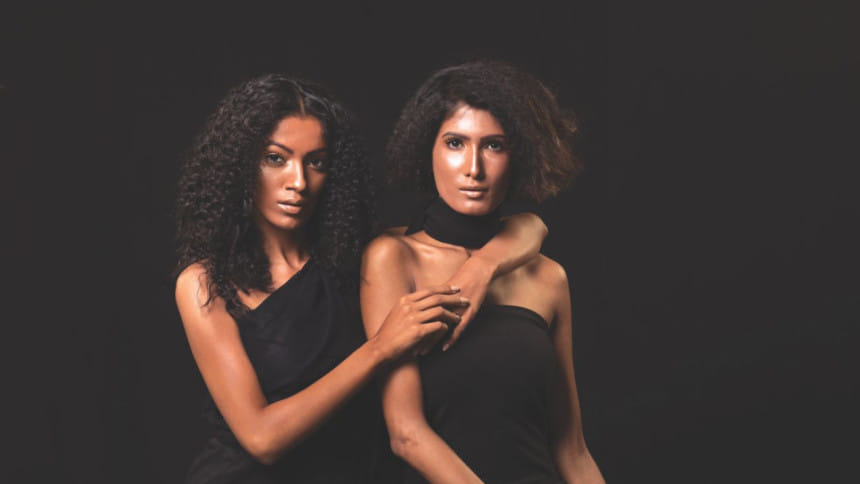
Women of all ages and even men resort to drastic methods such as fairness creams, bleaching and whitening facials, trying to achieve this unreasonable beauty standard. These fairness creams that have become household staples are detrimental to the skin as it can lead to various allergies, blemishes and rashes. Creams containing corticosteroids cause thinning of the skin, while some can also cause increased facial hair growth. Most importantly, fairness creams often contain mercury to lighten the skin which can affect the nervous system and even lead to skin cancer. In fact, prolonged use will also make you more sensitive to sunlight thus causing blisters and other skin diseases.
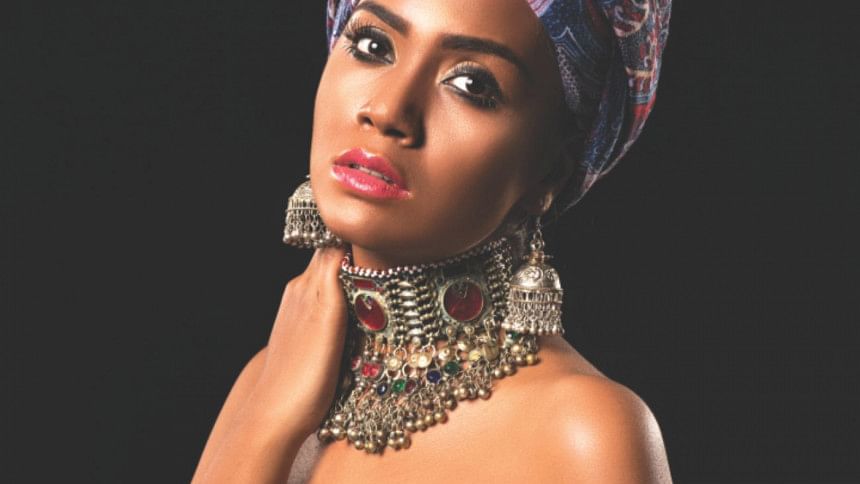
Skin complexion is entirely genetic and is related to is the level of melanin in your skin. The higher the level of melanin, the darker your complexion and a high level of melanin is associated with plenty of benefits. Melanin protects you from skin damage due to the sun and also prevents aging.
In a fast progressing world, it is rather sad to think that something so trivial would still be an issue. It is high time we come out of such social stigmas and focus on what is more important. Consider this, is pleasing neighbourhood aunties really worth ruining your child's self-esteem over? Beauty comes in all shapes, sizes and colours, and we need to teach the children (and the adults!) that true beauty lies on more intrinsic features such as character and personality and not something superficial such as skin complexion.
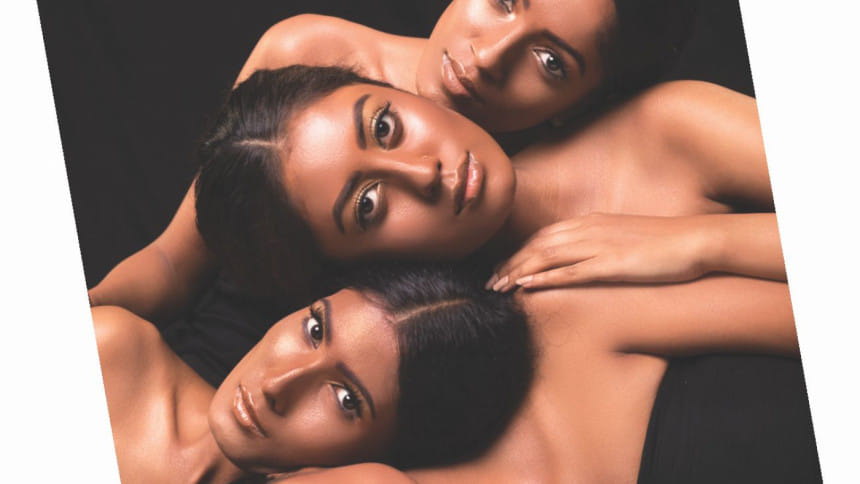
Photo: Sazzad Ibne Sayed
Model: Oshin, Mysha, Surjo, Spriha
Make-up: Farzana Shakil's Makeover Salon
Jewellery: Personal
Styling: Sonia Yeasmin Isha





Comments